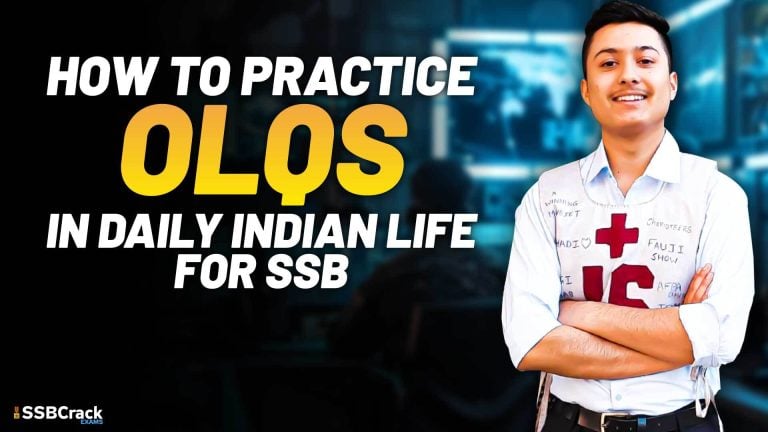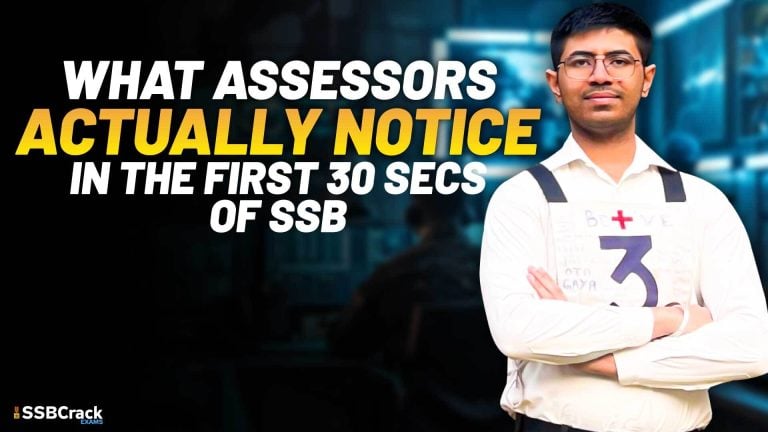Mathematics has long been perceived as a challenging and intimidating subject, striking fear into the hearts of many aspiring defence candidates. However, this need not be the case. With the right mindset, strategies, and support, you can conquer your math anxiety and unlock your full potential for success in defence exams like the NDA, CDS, AFCAT, ACC, and Territorial Army.
In this comprehensive guide, we’ll delve into the Simple Steps to Make Math Fear Disappear, explore effective techniques to overcome it, and empower you with the tools and confidence to excel in the mathematical components of your defence exam preparation.
Also Read | 4 Smart Strategies for Non-Maths Students to Clear NDA Exam
Understanding the Roots of Math Anxiety
Math anxiety is a widespread phenomenon that extends far beyond the realm of defence exams. It’s a psychological condition characterized by feelings of tension, apprehension, and even dread when faced with mathematical situations. Uncovering the underlying factors that contribute to this fear is the first step in addressing it.
1. Negative Past Experiences
One of the primary drivers of math anxiety is a history of negative experiences with the subject. Past failures, struggles to grasp concepts, or even feeling belittled when seeking help can leave a lasting impact, leading to a deep-seated fear of mathematics.
2. Lack of Confidence
Individuals who lack confidence in their mathematical abilities are more prone to developing math anxiety. A belief that they are “not good at math” can create a self-fulfilling prophecy, further eroding their self-assurance and perpetuating the cycle of fear.
3. Societal Pressure and Misconceptions
The widespread notion that math is an inherently difficult subject, often reinforced by media portrayals and casual conversations, can contribute to the development of math anxiety. The pressure to perform well in exams and competitions can also trigger anxious responses.
4. Ineffective Teaching Methods
Traditional teaching methods that fail to engage students actively and make the subject relatable can exacerbate math anxiety. Without a clear understanding of the relevance and practical applications of mathematical concepts, the subject can appear abstract and daunting.
5. Parental Attitudes and Influence
Parental attitudes and beliefs about mathematics can significantly shape a child’s perception of the subject. If parents express anxiety or negativity towards math, it can directly influence the child’s mindset and foster a similar aversion.
Strategies to Conquer Math Anxiety
Acknowledging the root causes of math anxiety is the first step, but the real challenge lies in developing effective strategies to overcome this fear. By implementing a multifaceted approach, you can transform your relationship with mathematics and excel in your defence exam preparation.
1. Embrace a Growth Mindset
Cultivate a growth mindset that embraces challenges and views mistakes as learning opportunities. Replace negative self-talk with positive affirmations, such as “I may not understand this now, but I can improve with practice” or “Solving this problem will help me become better at math.”
2. Practice Regularly and Consistently
Consistent practice is the key to mastering mathematical concepts and building confidence. Dedicate a regular, uninterrupted time slot to work on math problems, whether from your study materials or interactive online platforms. Celebrate your progress and small victories along the way.
3. Seek Personalized Guidance
Don’t hesitate to ask for help when you encounter difficulties. Reach out to your teachers, tutors, or online resources for personalized guidance and explanations. A fresh perspective or alternative teaching approach can often make a significant difference in your understanding.
4. Leverage Technology and Interactive Learning
Embrace the power of technology to make math learning more engaging and interactive. Explore educational apps, online tutorials platforms like SSBCrackExams, and gamified platforms that cater to your learning style and pace. These tools can help you visualize concepts, practice problem-solving, and receive immediate feedback.
5. Relate Math to Real-Life Scenarios
Demonstrate the practical applications of mathematics in everyday life and the defence context. Understand how the concepts you’re learning can be applied to tasks like budgeting, logistics, or problem-solving in the military. This relevance can make the subject more relatable and less intimidating.
6. Foster a Supportive Learning Environment
Surround yourself with a network of like-minded individuals who are also working to overcome their math anxiety. Collaborate on practice problems, share effective study strategies, and celebrate each other’s progress. Peer support can be a powerful tool in building confidence and resilience.
7. Incorporate Mindfulness and Relaxation Techniques
When faced with math-related stress or anxiety, take a few moments to practice deep breathing exercises, meditation, or other relaxation techniques. These practices can help calm your mind, reduce physiological symptoms, and improve your focus during math-intensive tasks.
8. Strengthen Your Foundational Knowledge
If you feel you’ve missed out on essential mathematical concepts, take the time to revisit and solidify your foundational knowledge. Ensuring a strong grasp of basic principles can provide a solid foundation for tackling more complex problems, boosting your overall confidence.
Also Read | How to Join IAF in 2025: Top Routes Explained
The Role of Teachers in Combating Math Anxiety
The role of educators in addressing math anxiety cannot be overstated. Teachers who are attuned to the signs of math anxiety and equipped with effective strategies can make a significant difference in their students’ learning experiences.
Fostering a Positive Classroom Environment
Cultivate a classroom atmosphere where mistakes are seen as opportunities for growth, not failures. Provide constructive feedback, encourage questions, and celebrate small victories. This approach can help alleviate the fear of making mistakes and foster a supportive learning environment.
Incorporating Engaging Teaching Methods
Shift away from traditional, passive teaching methods and embrace more interactive, hands-on approaches. Utilize real-world examples, incorporate storytelling, and encourage collaborative problem-solving to make mathematics more relatable and engaging for students.
Continuous Professional Development
Educators should continually seek opportunities for professional development to enhance their understanding of math anxiety and update their teaching methodologies accordingly. This commitment to growth and adaptation can greatly benefit students struggling with the subject.
Also Read | 10 Tips to Crack AFCAT 2025 with Self Preparation
Conclusion
Overcoming the fear of mathematics is a journey, but with the right mindset, strategies, and support, you can unlock your full potential and excel in your defence exam preparation. Remember, math anxiety is not a reflection of your intelligence or capabilities; it’s a psychological hurdle that can be overcome.
Embrace the power of mathematics, and let it become your ally in achieving your defence aspirations. Embark on this transformative journey, and witness your confidence and performance soar to new heights.
FAQs
1. Why am I so scared of math?
The causes of math anxiety are believed to be diverse and complex. They may include high-pressure situations, such as the fear of being judged on how quickly you can solve a problem or the stress of taking an exam.
2. How can I give math exam without fear?
If you answered yes, deep breathing exercises can be your solution. They can help soothe your anxiety in those tense moments. Additionally, consider dedicating 15 minutes to meditation before you begin your math exercises.
3. Why maths is too hard?
Impatience: Mastering math involves several multi-step processes for problem-solving, making it necessary to practice much more than other subjects. For some individuals, the repetitive nature of these tasks can become tedious, leading them to lose patience with math.
4. How to keep your mind calm during a maths exam?
When you sit down and open the test, your first step is to read each question carefully without trying to solve any of them. Avoid thinking about potential solutions; simply focus on understanding the problems. This approach allows you to know what tasks lie ahead without feeling anxious.
5. Is math easy or not?
Math becomes easy when you invest your mind, time, and energy into it. In the 11th-grade science stream, you’ll be introduced to calculus, a topic that will accompany you for as long as you pursue a science-related career.












